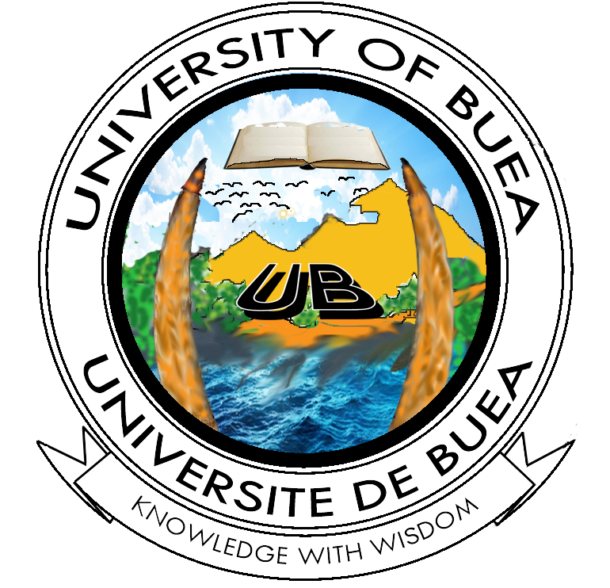Duration: 3-5 years
Fee Paying: No
Admission Requirements
In addition to University and Faculty requirements, applicants for the PhD degree in Computer Science should have at least a BSc second- class degree or its equivalent in Computer Science and an MSc in Computer Science or in a related field such as Information Systems. Candidates with an equivalent qualification in Mathematics or Physics with a minor (or higher) in Computer Science may also be considered but they will be required to take remedial courses at level 700 or lower. In all cases, the department reserves the right to recommend admission into the PhD programme.
Objectives
The specific objectives of the programme are to produce highly qualified Computer Scientists, promote research and development and meet the demand for highly skilled professionals in Computer Science in the Universities and industry.
Graduation Requirements
The following conditions have to be satisfied before a candidate can qualify for the award of a PhD degree in Computer Science. A successful completion of the prescribed60 credits of course work and the successful defense of the PhD thesis with 240 credits giving a total of300 credits. Furthermore, evidence shall be required of participation in seminars (or conferences, colloquia, workshops, etc.) at the departmental, national or international level, publication of at least one peer reviewed article, exposure to professional computing, and successful completion of a teaching assignment equivalent to the preparation, delivery and/or evaluation of at least one course in Computer Science or related Exposure to professional computing shall be evidenced by participation in research, industrial or technical work normally involving immersion or exchanges beyond the student’s home institution, as well as intellectual effort to enhance the discipline, such as through conference/workshop organisation and editorial activities. All other conditions specified by the University of Buea for the award of a PhD degree shall apply.
Employment Opportunities
Graduates can work as Professional Computer Scientists, University Lecturers, Consultants, Software Engineers, Systems Analysts and Computational Mathematicians, researchers, etc.
Courses
Elective Courses
- CSC704: Advanced formal methods in software engineering
- CSC706: Software development models
- CSC707: Advanced object-orientation in software development
- CSC708: Performance in High speed networks
- CSC709: Advanced Parallel algorithms and architecture
- CSC710: Multimedia systems development
- CSC711: Advanced computer network models
- CSC712: Advanced Distributed systems development
- CSC713: Advanced Programming languages
- CSC714: Strategic management decision support
- CSC715: Advances in agent technology
- CSC716: Advanced compiler design
- CSC717: General research domain foundations:
- CSC718: Specialized research domain foundations
- CSC719: Complementary Research Topic
- CSC720: Intelligent Human-Computer Interfaces
- CSC722: Advanced database development
- CSC724: Advanced Knowledge Engineering
- CSC725: Advanced Data Structures
- CSC726: Advanced Numerical computation
- CSC727: Independent Study
- CSC728: Computer modelling and simulation
- CSC729: Theoretical Foundations of Software Engineering
- CSC730: Distributed Artificial Intelligence
- CSC731: Geographic information systems
- CSC733: Advanced Computational Logic
- CSC734: Image processing
- CSC736: Remote sensing
- CSC738: Advanced Computational Geometry
- CSC740: Data mining
- CSC742: Advanced real-time systems
- CSC746: Biometric Technologies
- CSC786: Communication skills.
Other Electives
GISCSCPhDElectiveCourses
InfoSysCSCPhDElectiveCourses
ParDistCSCPhDElectiveCourses
PLToolsCSCPhDElectiveCourses
SENGCSCPhDElectiveCourses
AICSCPhDElectiveCourses
ComNwksCSCPhDElectiveCourses
CompTechCSCPhDElectiveCourses


